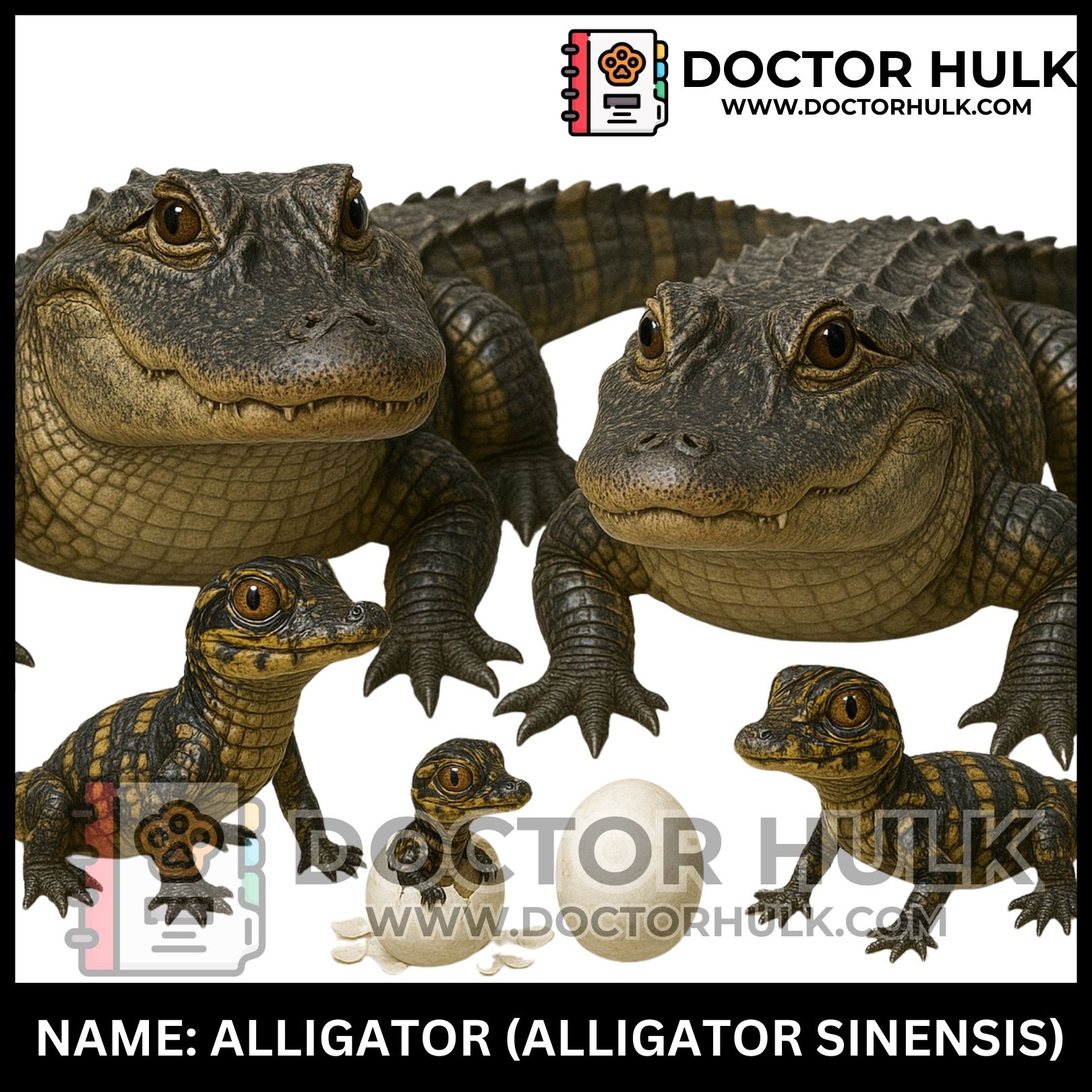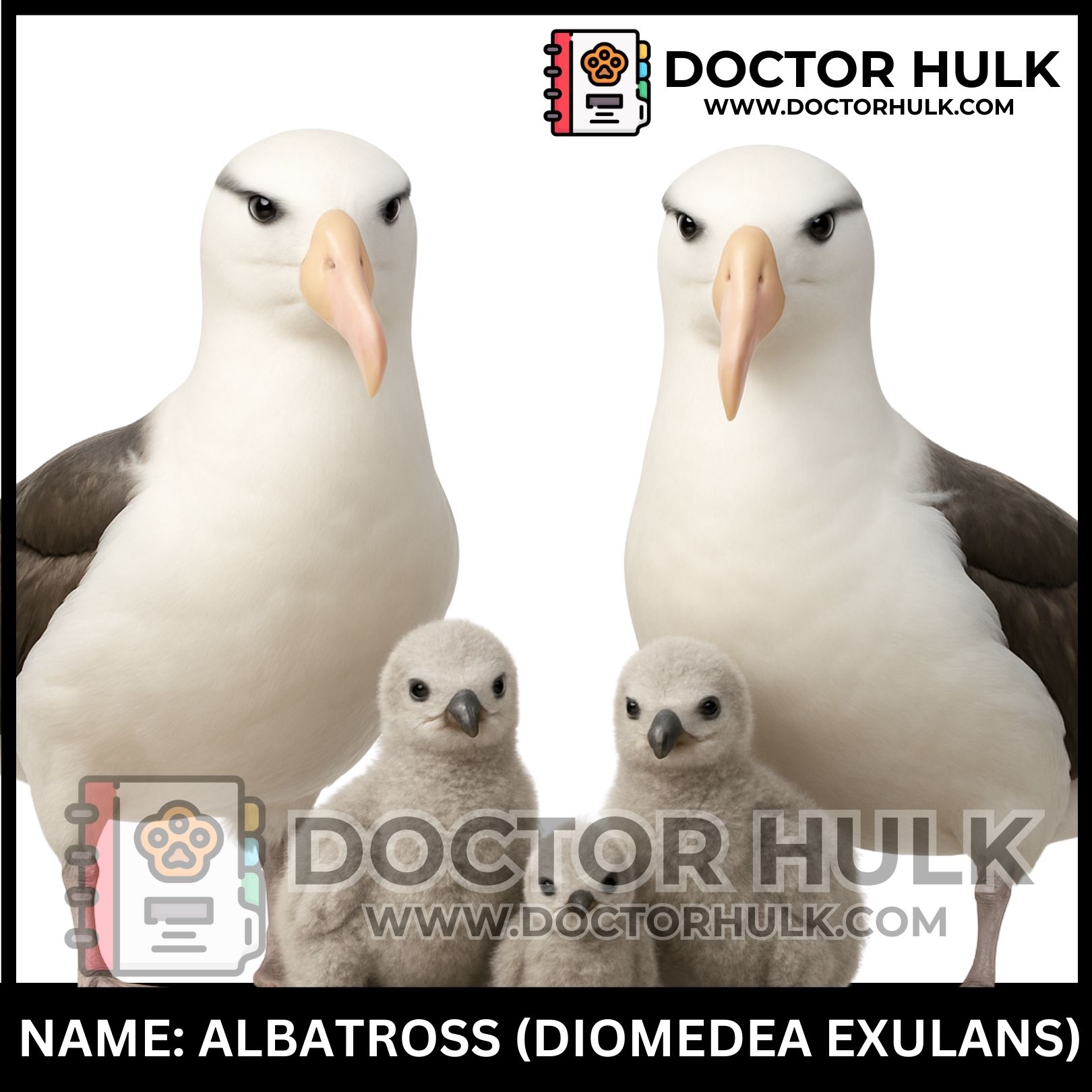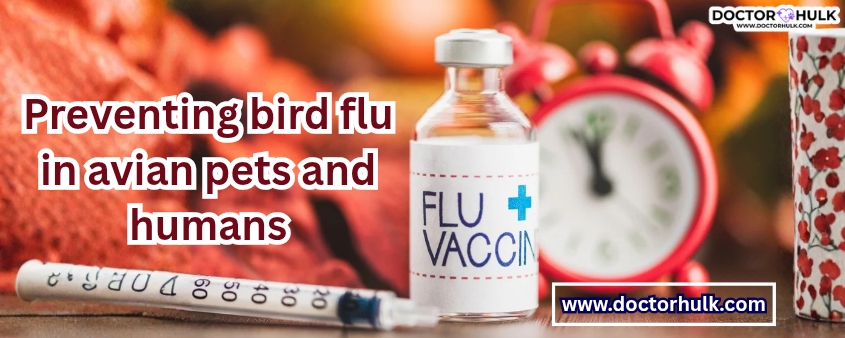Avian influenza, also known as bird flu, is a viral infection that mainly affects wild birds and domestic poultry. Some strains, like H5N1, can also infect other animals, including pet birds, and, in rare cases, even humans. To protect both pet birds and people, it’s important to take preventive steps.
Preventing Bird Flu in Avian Pets
- Indoor Housing: The safest way to protect pet birds is to keep them indoors. This limits their chances of coming into contact with wild birds that may carry the virus.
- Secure Outdoor Enclosures: If you must house your birds outdoors, ensure that their cages or aviaries are covered with mesh. This will help prevent wild birds from getting close and possibly spreading the virus.
- Hygiene Practices: Regularly clean and disinfect bird cages, food dishes, and water containers to lower the risk of contamination. Keeping their environment clean is essential in preventing the virus from spreading.
- Limit Exposure: Be cautious when introducing new birds into your flock. Always quarantine new birds for a while because some birds can carry the virus without showing any symptoms.
Preventing Bird Flu Transmission to Humans
- Avoid Contact with Wild Birds: To prevent the spread of the virus to humans, avoid handling sick or dead wild birds. If contact is absolutely necessary, be sure to wear protective equipment like gloves and masks.
- Proper Hygiene: After handling birds or cleaning their spaces, always wash your hands thoroughly with soap and water. This helps reduce the risk of spreading the virus.
- Safe Food Practices: Make sure all poultry and eggs are cooked to an internal temperature of 165°F (74°C) to kill any potential viruses. Cooking food properly is crucial in avoiding illness.
- Pet Safety: Keep pets from eating raw or under-cooked poultry products. Also, discourage them from interacting with wild birds to prevent any chance of transmission.
- Stay Informed: It’s important to stay updated on any local avian influenza outbreaks. Make sure to follow public health advisories to protect both your avian pets and your family.
By following these simple steps, you can greatly reduce the risk of bird flu for both your avian pets and humans. If you have any concerns or need more advice, don’t hesitate to reach out to us Doctor Hulk Veterinary Hospital. You can click here.








